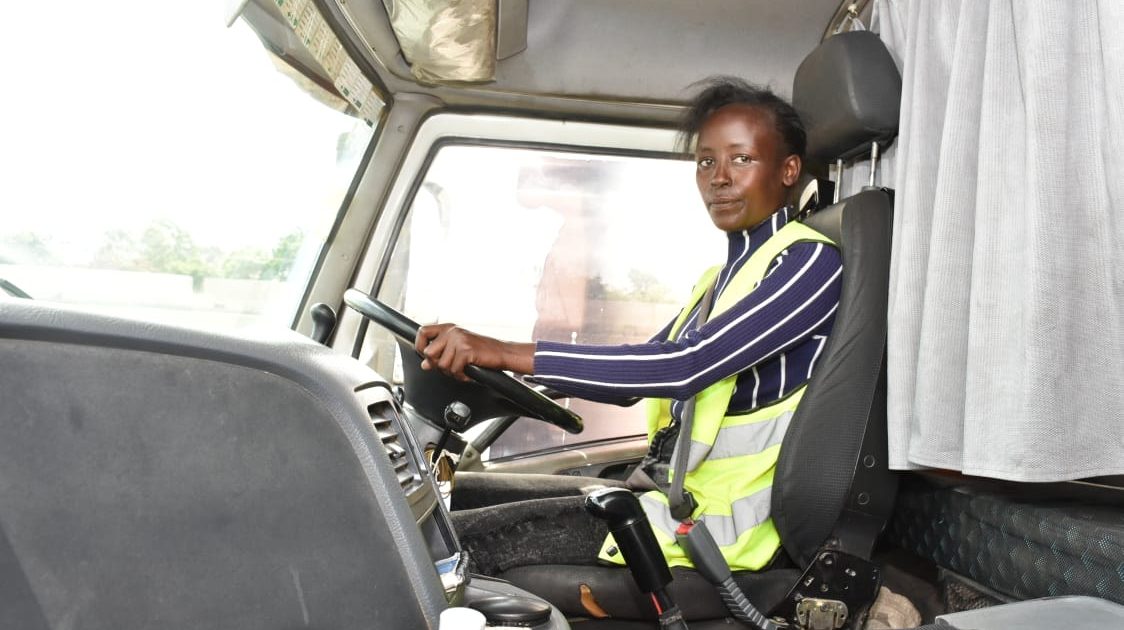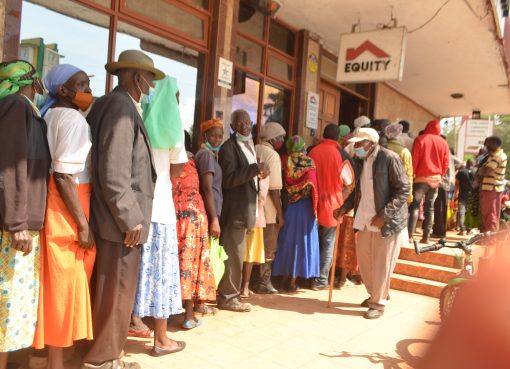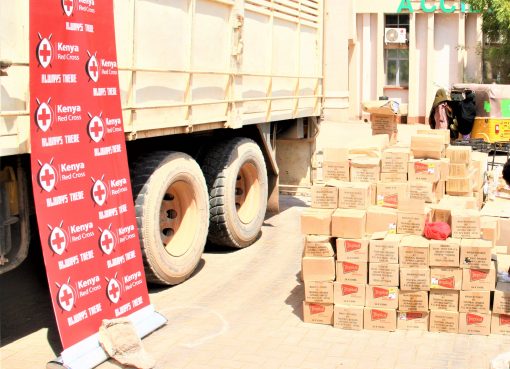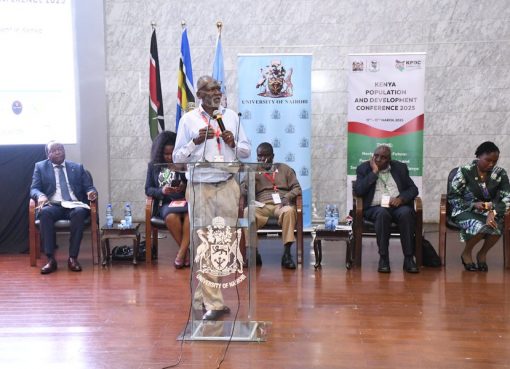At least 100 women are set to be trained and employed annually, thanks to the female-centered recruitment program dubbed ‘Women on Wheels (WoW)’ that was launched in Nairobi.
The Program is part of the Bamburi Cement’s Sustainability Programs under Diversity, Equity and Inclusion (DEI), Health, Safety and Environment pillars. It seeks to encourage more women to take up truck driving as a career.
Bamburi Cement is in partnership with Isuzu East Africa, Kenya Transporters Association, together with four other key players in the transport industry, that are keen on eliminating the entrenched male culture, improving working conditions and ensuring safe workplaces.
Speaking during the launch, Bamburi Cement’s Country Head of Health, Safety and Environment, Jane Wangari, said that, beyond the training initiatives, ‘Women on Wheels’ Program, will also ensure job placement for the women with Bamburi and its logistics partners.
“We are set to recruit at least 100 women annually into the Program and grow going forward,” she added.
According to Bamburi Cement’s Managing Director, Seddiq Hassani, the Program fits quite well within their DEI agenda as a Company, citing December 2020, when they signed the Women’s Empowerment Principles (WEP), as part of their commitment to promoting gender equality and inclusion in the workplace and the community.
“The gender gap is far from closed, however, we are determined to increase the promotion of women in every aspect of our operations,” he said.
Additionally, he said as a Company they continue to find more opportunities and partnerships to further entrench and influence equity among their customers, suppliers and communities across markets that they serve.

Managing Director, Isuzu East Africa, Rita Kavashe, said that the Program will include experienced women drivers ready for employment, license holders with no truck driving experience, as well as freshers who have not yet acquired a driving license.
“As Isuzu EA, we strongly believe in building relationships and partnerships for the long term because that has enabled us to grow and building Isuzu to become the market leader,” Kavashe said.
The trucking industry is full of challenges and according to Kenya Transporters Associations, Chief Operating Officer, Mercy Ireri, the challenges make the transport sector unattractive for women.
“Fleet managers, owners, as well as players in the logistics value chain as a whole, have a responsibility to shift stereotypes, embrace diversity and adapt their recruiting, hiring and training, to reflect the growing presence of women in industries that have traditionally been male-dominated,” she said.
The Program sees to it that women undergo rigorous technical truck operation and defensive driving training, where they are equipped with skills on how to operate heavy trucks, including simulator exercises that expose them to different truck driving techniques; road safety, and soft skills training and coaching.
Kenyan women currently make up only 10 percent of the public transport workforce; 85 percent of them work as matatu operators in the Nairobi Metropolitan area, according to a 2020 survey by Flone Initiative.
Another 2020 study by World Bank and the Ministry of Transport and Infrastructure, shows that barriers such as dominant culture of masculinity and gender stereotypes, discrimination, unequal treatment at work, sexual harassment, exposure to violence, while on the road and lack of work-life balance, and ‘the care trap’ create a working environment that fails to attract and retain women in the transport professions.
By Mical Imbukwa





